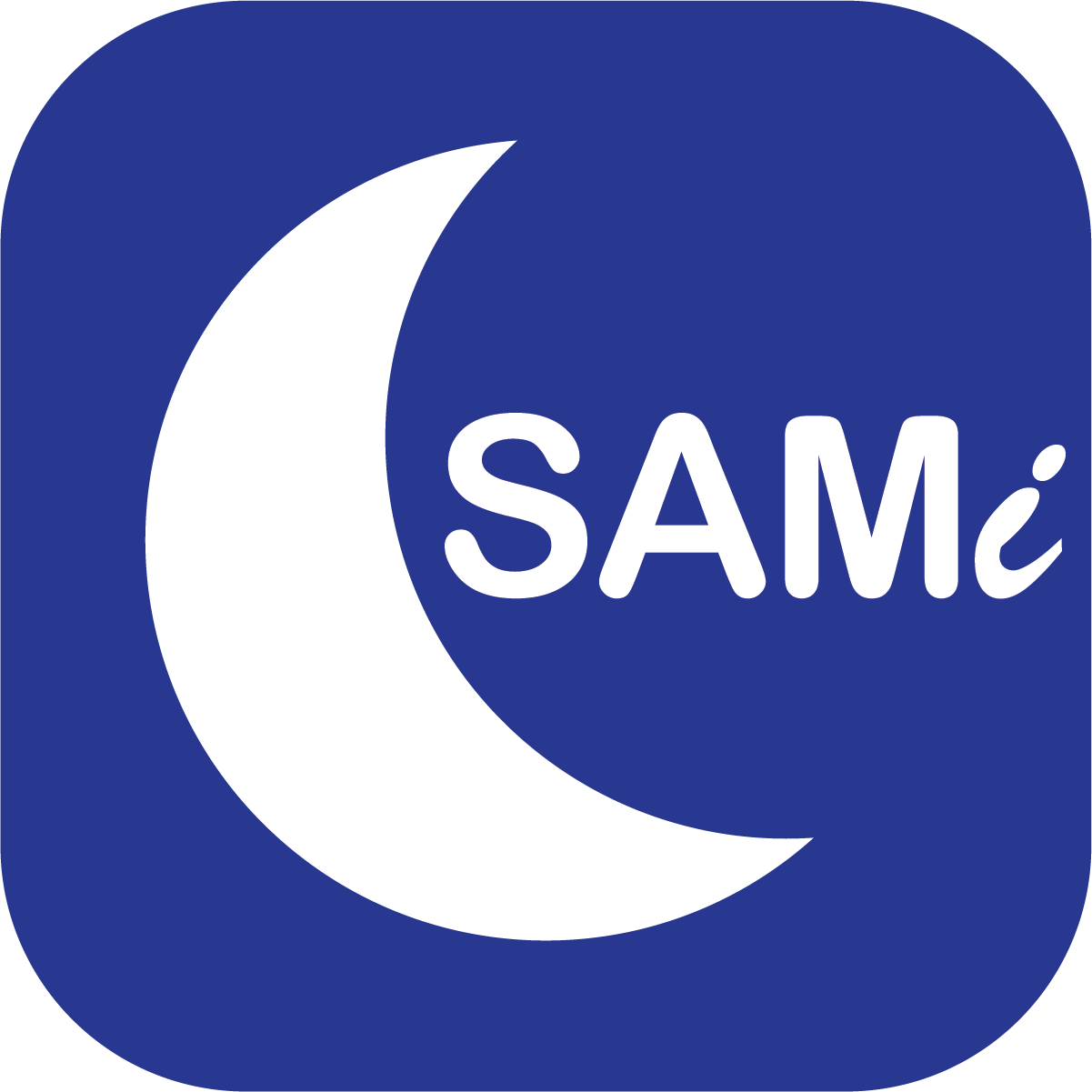There are a number of scary unknowns that parents may be experiencing if their child has epilepsy. One of those unknowns that can sometimes be hard to answer is regarding that child’s sleep activity. Is their child sleeping normally, or are they potentially having seizures at night that no one is aware of (including the child themselves)? Although all cases of epilepsy are very unique to the individual, here are some of the more frequently cited symptoms of nocturnal seizures:
- Falling out of their bed in the middle of the night
- Waking up with bruises or other marks that weren’t previously there
- Feeling mentally and physically wiped out
- Feeling confused or not able to focus as well as usual
- Having a headache the next morning
- Wetting the bed
Other signs to look for include:
- The bed sheets being tangled or thrown on the floor
- Other objects near the bed have been knocked over
Although these are all signs of potential nocturnal seizures, they could have happened due to other medical concerns, such as sleepwalking or sleep apnea.
Diagnosing Nocturnal Seizures
When properly diagnosing nocturnal seizures, it is always necessary to talk to a neurologist or epileptologist first. They will likely request important information such as:
- Has anyone ever witnessed one of these potential nocturnal seizures?
- If so, how would they describe them?
Other effective strategies that will ensure a proper and accurate diagnosis are:
- Keeping track of the symptoms that the individual is self-reporting when they wake up in the morning
- Keeping track of nights when unusual or unexplained events occurred (i.e. bruises, falling out of bed, objects fallen over, etc.)
On top of these at-home strategies, there are other more significant procedures that can be done as well in a hospital setting, such as:
- Sleep Studies—These typically involve sleeping while hooked up to an electroencephalogram (EEG) machine, where medical professionals will monitor the individual’s brain activity throughout the night.
- Magnetic Resonance Imaging (MRI)— This is an advanced medical procedure in which the individual lays inside a special machine that takes high-definition images of the inside of their brain
Living With Nocturnal Seizures
If safety is a major concern, there are several tactics that can help effectively minimize danger risks from nocturnal seizures. These include:
- Using a monitoring device such as the SAMi Alert Camera
- Sleeping on a low bed frame so that falling from high up isn’t a risk
- Utilizing wall-mounted lights, not free-standing bedside lamps
- Ensuring the bed space is free of any objects that could be harmful
If you're unsure whether you’re having nocturnal seizures, speak with your care team about it. A qualified doctor (ideally a neurologist or epileptologist) will always be best at providing guidance and proper treatment planning.


